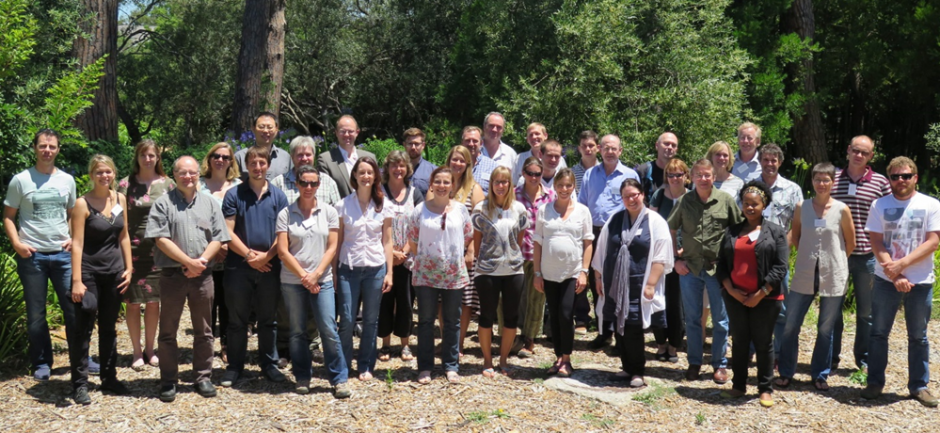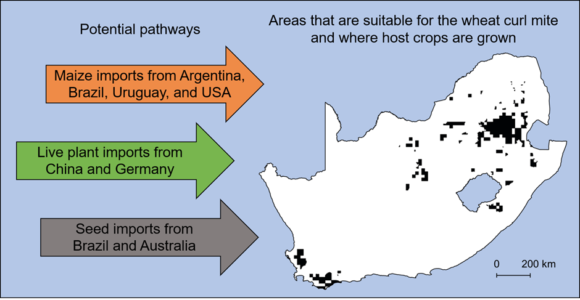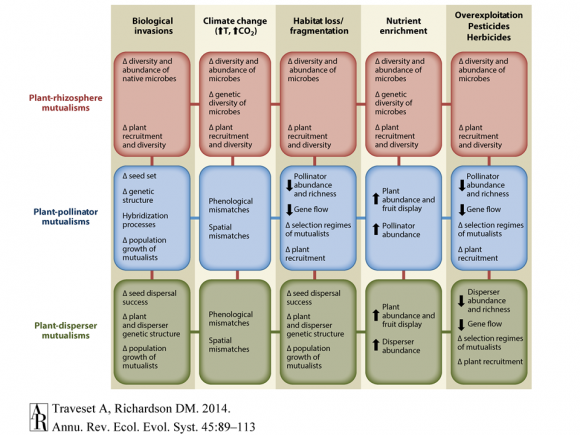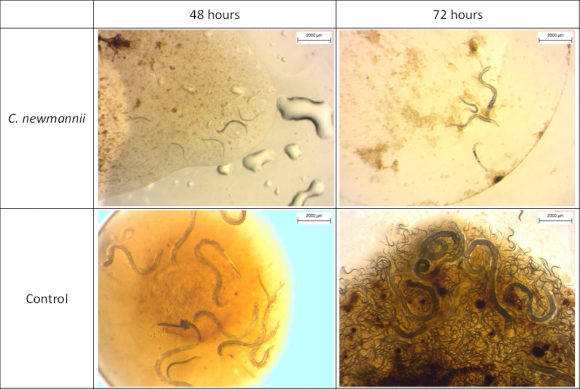To coincide with its Annual Research Meeting, the Centre for Invasion Biology (C·I·B) supported a workshop focusing on the “Drivers, mechanisms, impacts and adaptations” of insect invasions through looking at agricultural pests, biocontrol agents, vectors of human disease and threats to ecosystems.
The workshop, which was held on the 24th-26th of November 2014 in Stellenbosch, brought together a diverse group of national and international scientists across different aspects of entomological and biological invasions research to discuss what makes insect invasions unique, and where future research efforts should be focused.
The workshop, titled “Drivers, mechanisms and impacts of insect invasions”, was structured around three themes: (1) drivers of insect invasions including introduction pathways, dispersal and propagule pressure; (2) mechanisms of invasion including theories surrounding functional traits, life histories, and where adaptations facilitating successful invasion and range expansion are likely to occur during the invasion process; (3) the impacts of insect invasions for agriculture, human health and ecosystem functioning.
More than 35 delegates attended the workshop, including leaders in the field of entomology and invasion biology, senior academics and postgraduate students. Plenary speaker, Sandy Liebhold from the United States of Agriculture Forest Service, set the scene of the workshop giving an overview and historic context. Helen Roy (Biological Records Centre, UK), Alain Roques (Institut National de la Recherche Agronomique, France), Richard Duncan (University of Canberra, Australia) and Carla Sgro (Monash University, Australia) gave keynote talks, tackling the themes of impacts, mechanisms, drivers and adaptation, respectively.
“The workshop was transformational in its accomplishments. This was the first workshop in my memory that has focused exclusively on insect invasions. As such, the workshop motivated participants to start thinking about basic questions that we had never thought about before. Looking back, I think that the workshop will mark a turning point in our understanding of insect invasions worldwide” said Sandy Liebhold.
The workshop met with the goals of reviewing insect invasions and identifying specific key topics to prepare both a review paper and a special journal issue for 2015. Themes such as taxonomic knowledge gaps, detection of new invasions and ecological impacts were all identified as key components requiring more attention in this field.
“This workshop allowed for some really fruitful discussions about a group that has been underrepresented in the field of invasion biology. The products and the network formed at this workshop really set a platform to advance our understanding of insect invasions” said Matt Hill.
C·I·B postdoctoral fellow Matt Hill, together with C·I·B researchers, John Terblanche and Susana Clusella-Trullas, organised the workshop. Financial support for the workshop was provided by the Centre for Invasion Biology (C·I·B), the National Research Foundation (NRF), Hortgro and the Stellenbosch University’s Vice Rector of Research Office.




